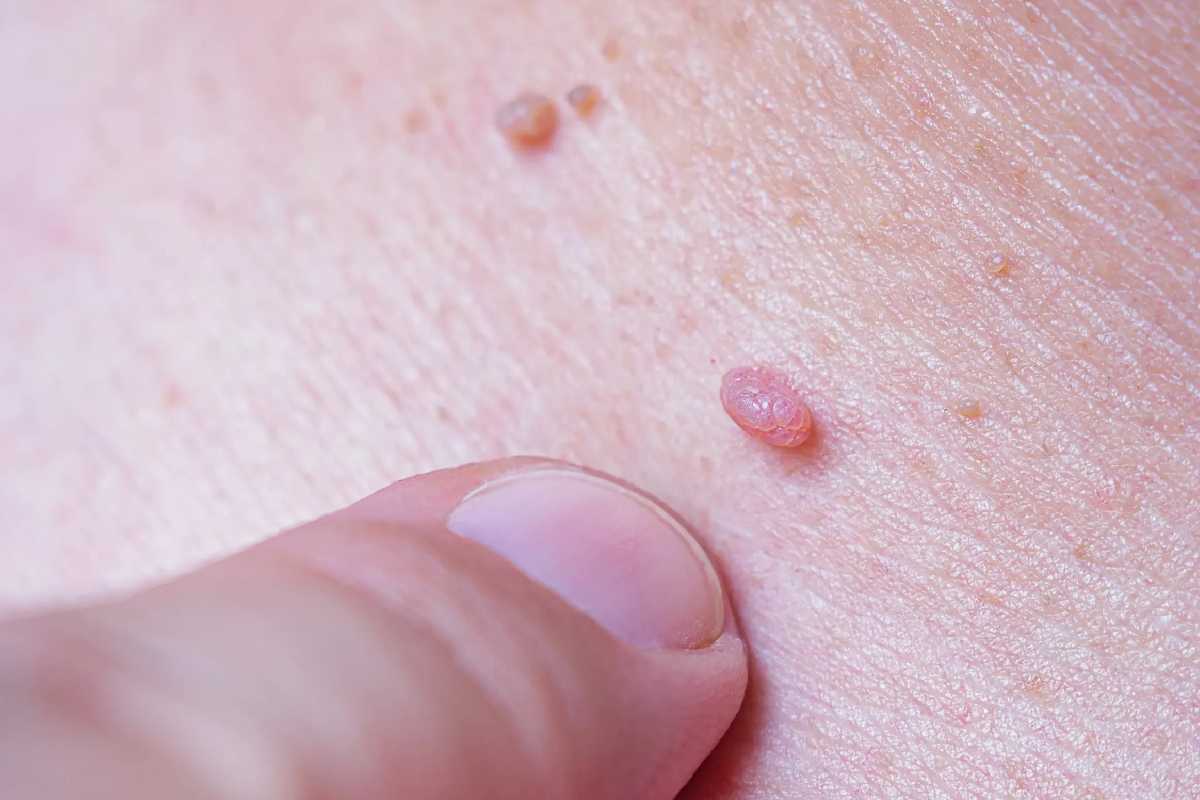Human papillomavirus (HPV) is the most common sexually transmitted infection in the United States. It is a virus that infects the skin and mucous membranes, such as the cervix, anus, and mouth. There are over 150 strains of HPV, with some causing genital warts and others causing various types of cancer. HPV is particularly dangerous for girls, as it can lead to cervical cancer, a serious and potentially deadly disease. Check out https://gonzosquestfree.com/ for more.
Are There Any Risks?
The risks of HPV for girls are significant. Cervical cancer is the second most common cancer in women worldwide, and HPV is responsible for nearly all cases of cervical cancer. Each year, more than 12,000 women in the United States are diagnosed with cervical cancer, and more than 4,000 die from the disease. HPV can also cause other types of cancer, including vaginal, vulvar, anal, and oropharyngeal (throat) cancer.
While cervical cancer is a serious concern, it is also preventable. The HPV vaccine is a safe and effective way to protect against the virus and reduce the risk of developing cervical cancer. The vaccine is recommended for girls and boys ages 11-12, but can be given as early as age 9 and up to age 26 for females and age 21 for males who have not yet received the vaccine.
More Talks on the Vaccine
Despite the benefits of the HPV vaccine, some parents are hesitant to have their daughters vaccinated. Some may be concerned about the safety of the vaccine or worried that it will encourage their daughters to become sexually active at a young age. However, the vaccine is safe and has been thoroughly tested in clinical trials. In addition, research has shown that receiving the HPV vaccine does not lead to an increase in sexual activity.
It is important for teen girls to receive the HPV vaccine because it can protect them from a serious and potentially deadly disease. The vaccine is most effective when given before girls become sexually active, which is why it is recommended for preteens. However, even girls who have already become sexually active can benefit from the vaccine, as it can protect against the strains of HPV they have not yet been exposed to.
In addition to protecting against cervical cancer, the HPV vaccine can also prevent other types of cancer. Girls who receive the vaccine are less likely to develop vaginal, vulvar, anal, or oropharyngeal cancer later in life. By getting vaccinated, teen girls can take an important step towards protecting their health and preventing cancer.
It is also important for parents and healthcare providers to educate teen girls about the risks of HPV and the benefits of the vaccine. Many girls may not understand the importance of the vaccine or may be afraid of receiving shots. By providing accurate information and addressing concerns, parents and healthcare providers can help ensure that teen girls receive the protection they need.
In addition to getting vaccinated
There are other steps teen girls can take to protect themselves from HPV and other sexually transmitted infections. These include using condoms or other barrier methods during sexual activity and getting regular Pap tests and HPV tests. Girls should also avoid smoking, as smoking can increase the risk of cervical cancer.
The HPV vaccine is a safe and effective way to protect against the virus and reduce the risk of developing cancer. Teen girls should receive the vaccine to protect their health and prevent cancer. Parents and healthcare providers play an important role in educating girls about the risks of HPV and the benefits of the vaccine, and in ensuring that girls receive the protection they need.


